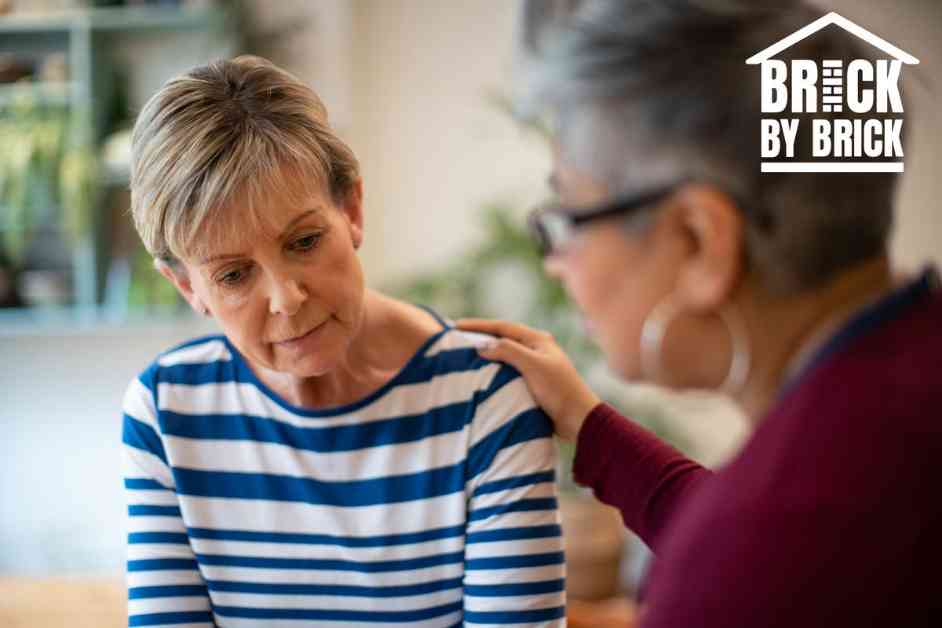Domestic abuse is a pervasive issue that affects individuals of all backgrounds and walks of life. According to the charity Refuge, police forces receive a call related to abuse every 30 seconds, highlighting the alarming frequency of such incidents. In England and Wales, one in four women will experience domestic abuse in their lifetimes, underscoring the widespread nature of this problem. Recognizing the signs of domestic abuse in a friend or loved one is crucial in order to provide support and assistance.
Understanding the Signs
There are various forms of domestic abuse, each with its own indicators that may manifest differently in individuals. Physical abuse, for example, involves acts of violence such as hitting, punching, or restraining. Signs of physical abuse may include visible injuries such as cuts or bruises, which the victim may try to conceal. It is important to pay attention to any unexplained injuries or marks on your friend’s body, as these could be red flags indicating abuse.
Psychological or emotional abuse is another common form of domestic abuse that can be just as damaging as physical violence. This type of abuse may involve name-calling, threats, manipulation, or gaslighting – a tactic where the abuser denies the victim’s reality and makes them doubt their own perceptions. If you notice your friend being belittled, criticized, or controlled by their partner, it could be a sign of psychological abuse.
Coercive control is a pattern of behavior used by abusers to dominate and manipulate their victims over time. This type of abuse is characterized by actions that restrict the victim’s freedom and autonomy, such as isolating them from friends and family, monitoring their activities, or dictating their behavior. If your friend seems fearful or hesitant to speak about their relationship, or if they exhibit signs of anxiety or distress when discussing their partner, it could be indicative of coercive control.
Recognizing Tech Abuse
In today’s digital age, technology has become a tool for abusers to exert control and surveillance over their victims. Tech abuse can take various forms, including sending abusive messages, demanding access to devices, tracking the victim’s location, or sharing intimate images without consent. If your friend expresses discomfort or reluctance to communicate via text messages, or if they mention their partner’s invasive behavior with technology, it could be a sign of tech abuse.
It is essential to approach the subject of domestic abuse with sensitivity and empathy, as victims may feel ashamed, scared, or hesitant to disclose their experiences. Creating a safe space for your friend to share their feelings without fear of judgment or reprisal is crucial in supporting them through this challenging time. Let them know that you are there to listen and support them, and reassure them that they are not alone in their struggle.
How to Help
If you suspect that a friend or loved one is experiencing domestic abuse, there are steps you can take to offer assistance without putting them at further risk. Avoid confronting the abuser directly, as this may escalate the situation and endanger the victim. Instead, focus on providing emotional support and guidance to your friend, and encourage them to seek help from professionals who are trained to handle domestic abuse cases.
Refuge and other domestic abuse charities offer resources and support for individuals who are in abusive relationships or who suspect that someone they know may be a victim of abuse. By familiarizing yourself with the signs of domestic abuse and knowing how to respond effectively, you can play a vital role in helping your friend navigate this challenging situation and access the assistance they need.
In conclusion, recognizing the signs of domestic abuse in a friend or loved one is the first step in providing them with the support and assistance they need to escape a harmful situation. By being informed, empathetic, and proactive, you can help empower victims of domestic abuse to seek help, regain control of their lives, and build a brighter future free from violence and fear.












